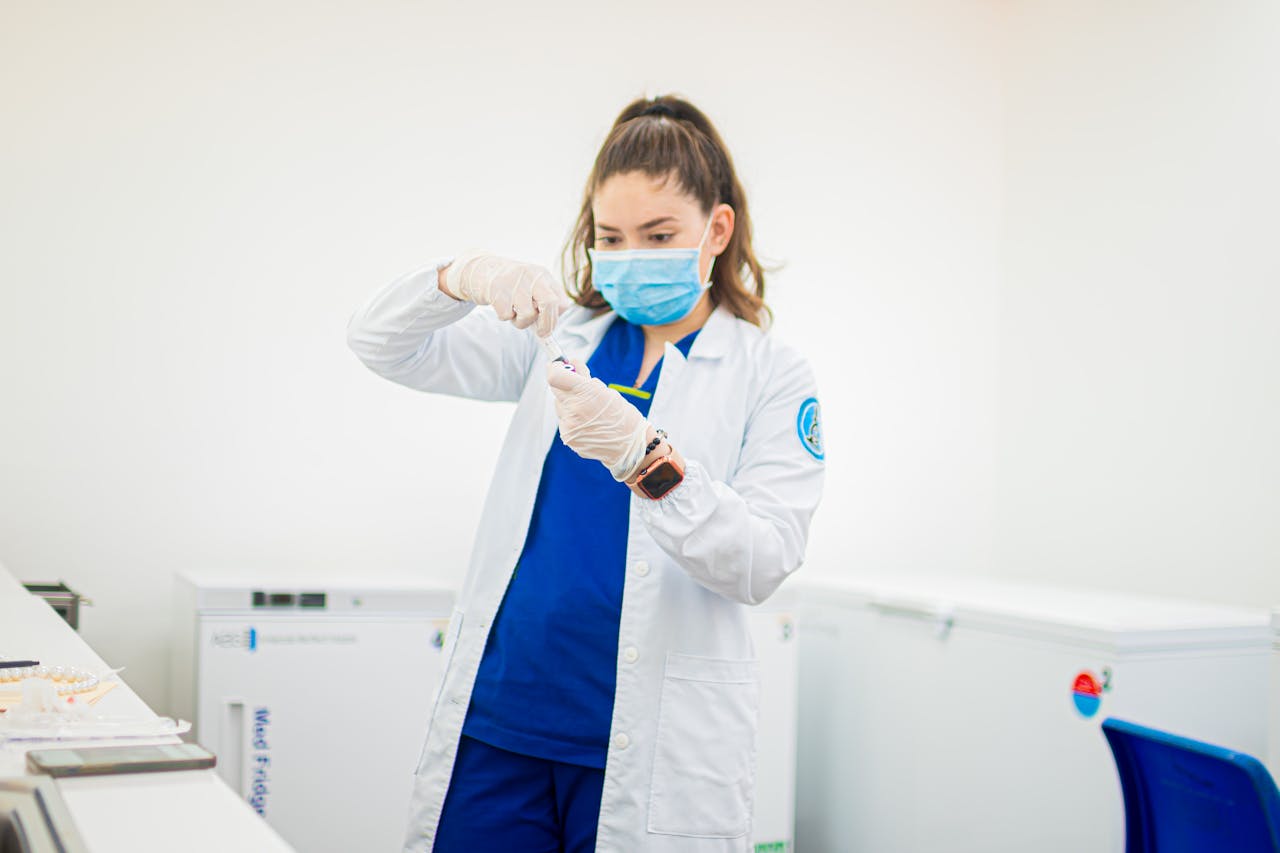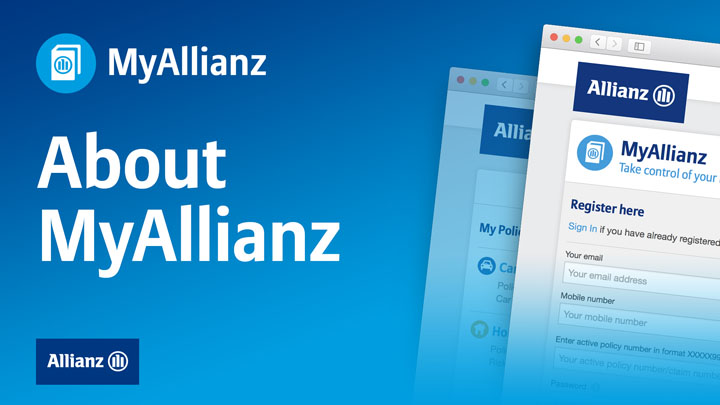OSHCstudents – Find out what costs might be involved in a specialist appointment, who will pay, and how much is covered by your private insurance.

While there are guidelines that give recommendations on how much a doctor could charge, such as the MBS and through the Australian Medical Association (AMA) , specialists can set the fee that they feel is reasonable for their services.
Depending on whether the service is provided before, during, or after a hospital admission, the service may be paid for by:
- Private Health Insurance
- Medicare
- You
- A mix of the above
When choosing your specialist, always remember to ask if they bulk bill or will participate in any medical gap scheme your insurer may have in place, as this may reduce the cost to you.
It’s important to try and ask any doctors and specialists involved in your treatment about any costs you may have to pay, and get it in writing where possible. This is called Informed Financial Consent and will help you avoid any unexpected costs.
The AMA have developed some handy resources on Informed Financial Consent, including downloadable templates that you can give to your specialists to fill out, and a list of questions you might want to ask, which you can access here.
Costs before your hospital treatment
Some of the costs you might encounter in lead up to a hospital admission could include:
- The cost of your specialist consultation
- Costs for tests before your admission. Your specialist may also order a range of different tests in diagnosing your condition, or in the lead up to a hospital admission
By law, private health insurance is only able to pay towards the costs of medical treatment during a hospital admission (also called ‘in-patient’ services). Medicare may cover some, or all, of the costs for treatment and tests outside of hospital (also called ‘outpatient’ services).
Costs of your in-hospital treatment
If you’re a public patient in a public hospital, then your costs will be covered by Medicare.
If you’re a private patient in public hospital, or a private patient in a private hospital, then you may have some portion of your costs covered by Medicare, some by your private health insurer and there may also be a gap that you need to pay.
Don’t forget to ask your specialist about this before you have your treatment, so you know what to expect.
How do I know what my private health insurance will cover?
Many health insurance funds have agreements with specialists that outline the maximum amount to charge for each treatment, which limits the amount you’re likely to be out of pocket. This is often called a Medical Gap Scheme.
When choosing your specialist, you can contact your health fund to check if that particular specialist has an arrangement, and if not, it might be worth finding out which specialists they do have arrangements with. You could then ask your GP to refer you to one of these specialists.
It’s important to remember that your specialist can choose whether to use a medical gap scheme on a case by case basis. Check with your specialist if they will for your treatment.
You are international students or foreigners arrive to Australia, or Australian citizens traveling abroad who are looking for OSHC, OVHC, travel insurance, please contact OSHCstudents Team at email: info@oshcstudents.com and our partners for further information and assistance.
OSHCstudents (source: Bupa)














